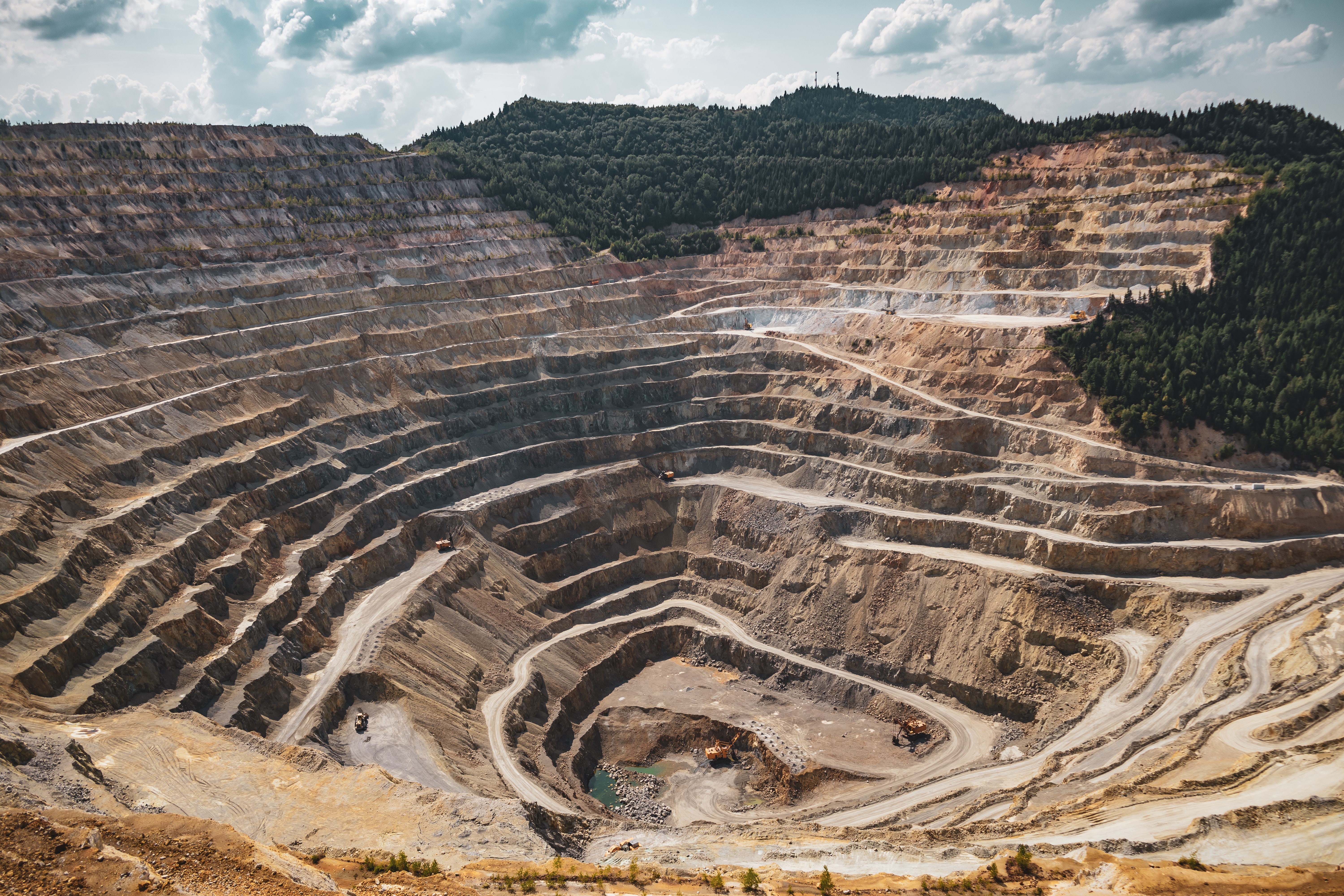We often hear, “We will soon run out of oil” as a reason to abandon gasoline-powered vehicles, but we shouldn’t accept that statement at face value. There are at least two assertions which require backing up with facts:
1) “We will run out of oil” is difficult if not impossible to prove, since we don’t know what deposits may be discovered in years to come. According to earlier predictions we would have run out already, but new discoveries and new methods have caused the supply of oil to greatly increase in the past 20 years.
2) “We will run out SOON.” If we cannot be sure the first assertion is true, then how could we determine if the second is true? The only thing we know for sure is that some people have been predicting that we will run out of oil for decades and so far those predictions have failed to materialize. In fact, supplies have increased.
Will We Run Out of Other Things?
There is another consideration that no one seems to be concerned about, however. What about the materials for electric vehicles? Is there an unlimited supply of those or is there danger those supplies could run out?
My last post was titled “10 Reasons the Push to Electric Cars Will Make Us Poorer.” This post is about a similar subject, but from a different direction. What of the materials required to create the massive batteries for electric vehicles, not to mention the materials required for solar cells which produce the energy that gets stored in vehicle batteries. Is there an unlimited supply of them? And where do they come from? Could geo-political machinations impact supply?
We have abundant oil resources in the United States, but what about the materials that comprise electric vehicle batteries? Do we have a source for those within our borders, or are we dependent on other countries which may or may not be our friends? In other words, when talking about oil, we are able to speak of “energy independence.” Can we say something similar about the components in electric vehicles and “green” energy production?
What Are EV Batteries Made Of?
Lithium is a major component of the most common EV batteries. Other materials may include Cobalt, Cadmium, Nickel, Titanium, Graphite, Manganese, Steel, Copper and others, depending on the type of battery, the manufacturer, etc.
According to insideevs.com, 91% of Lithium comes from three countries: Australia (44%), Chile (34%) and Argentina (13%). One would hope supplies from Australia wouldn’t be a problem for the U.S., but the way their government acted during the COVID-19 pandemic could make one wonder about their commitment to freedom and free trade. Chile and Argentina have a mixed record concerning their political and diplomatic stances.
Notice that the U.S. was not on the list. It’s not that the U.S. doesn’t have Lithium deposits; we do, but environmentalists are against mining in general, so almost no Lithium is mined within our borders. Ironic, right?
And what about the other minerals necessary for the creation of EV batteries. Pretty much none of them are mined in the US either. Instead they are mined in Third World countries where environmental and employment standards are more lax than those in the U.S. In some of the countries, like the biggest supplier of Cobalt (59% of world supply), the African country Democratic Republic of Congo, children are used to work the mines. And a major source of Manganese and Graphite is China, which has made no secret of its intention to replace the U.S. as the world’s premier super power.
Not in My Backyard
U.S. environmentalists won’t allow the minerals to be mined in the U.S. because, they say, mining is bad for the environment, so the mining for the batteries which must be produced to save the planet is done in countries with no child labor laws and few environmental protections. It seems to be an out-of-site, out-of-mind thing.
So, will we run out of Lithium? According to this article, the answer is “yes.” Just like the problem with oil, Lithium is a finite resource that can be used up. Some Lithium deposits may not be safe to mine, so world supplies will be gone at some point. Recycling is an option, but eventually the quality may degrade.
There are other types of batteries, of course, but Lithium-ion batteries have proven the best for EVs. If other types of batteries are not as good, the efficiency of EVs could be compromised, unless battery technology improves (which is always possible).
Photo by Vlad Chețan: https://www.pexels.com/photo/mining-excavation-on-a-mountain-2892618/





Comments are closed.